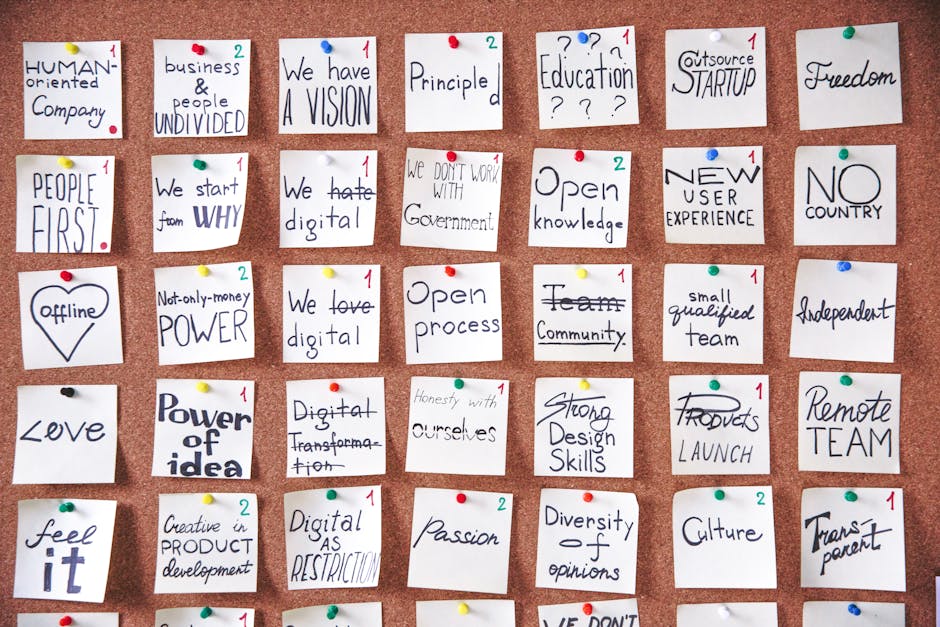Building a Thriving Remote Team Culture: Strategies for Success
In the evolving landscape of work, building a strong team culture is more crucial than ever, especially for remote teams. As organizations embrace distributed workforces, establishing a cohesive and engaging culture can seem daunting. However, with the right strategies in place, it is entirely possible to cultivate a successful remote team environment.
Effective Communication: The Cornerstone of Remote Teams
Clear and frequent communication is vital for remote teams to thrive. Here are some strategies to promote effective communication:
- Overcommunicate: In a remote setting, it is better to share information more frequently than risk leaving team members in the dark. Regular updates via multiple channels help bridge the communication gap.
- Schedule Regular Check-Ins: Weekly or biweekly video meetings provide opportunities to discuss progress, address obstacles, and ensure alignment.
- Active Listening: Make an effort to understand your team’s perspectives by asking questions and confirming understanding.
Building Trust: The Foundation of Collaboration
Trust is crucial in remote teams, where face-to-face interactions are limited. Here’s how to foster trust:
- Transparency: Share information openly and explain decisions to keep team members informed.
- Reliability: Follow through on commitments to build credibility and trustworthiness.
- Autonomy: Allow team members the freedom to accomplish their work without micromanagement, fostering a sense of ownership and responsibility.
Recognition and Rewards: Keeping Morale High
Recognition is a powerful tool for boosting morale and motivation. Consider these approaches:
- Public Recognition: Acknowledge team members’ contributions in meetings and through internal communications.
- Non-Monetary Rewards: Offer perks like extra time off to show appreciation for good work.
Cultivating a Sense of Belonging
A sense of community is vital for remote teams. Here’s how to build it:
- Virtual Social Events: Host online events like trivia nights or virtual coffee breaks to foster informal interactions.
- Shared Experiences: Encourage participation in group activities that create shared memories and strengthen bonds.
Conclusion
Creating a thriving remote team culture requires intentional effort and creativity. By focusing on communication, trust, recognition, and belonging, organizations can build a remote environment where team members feel connected, valued, and motivated. With these strategies, your remote team can become a cohesive and collaborative force, achieving success together, even from afar.





